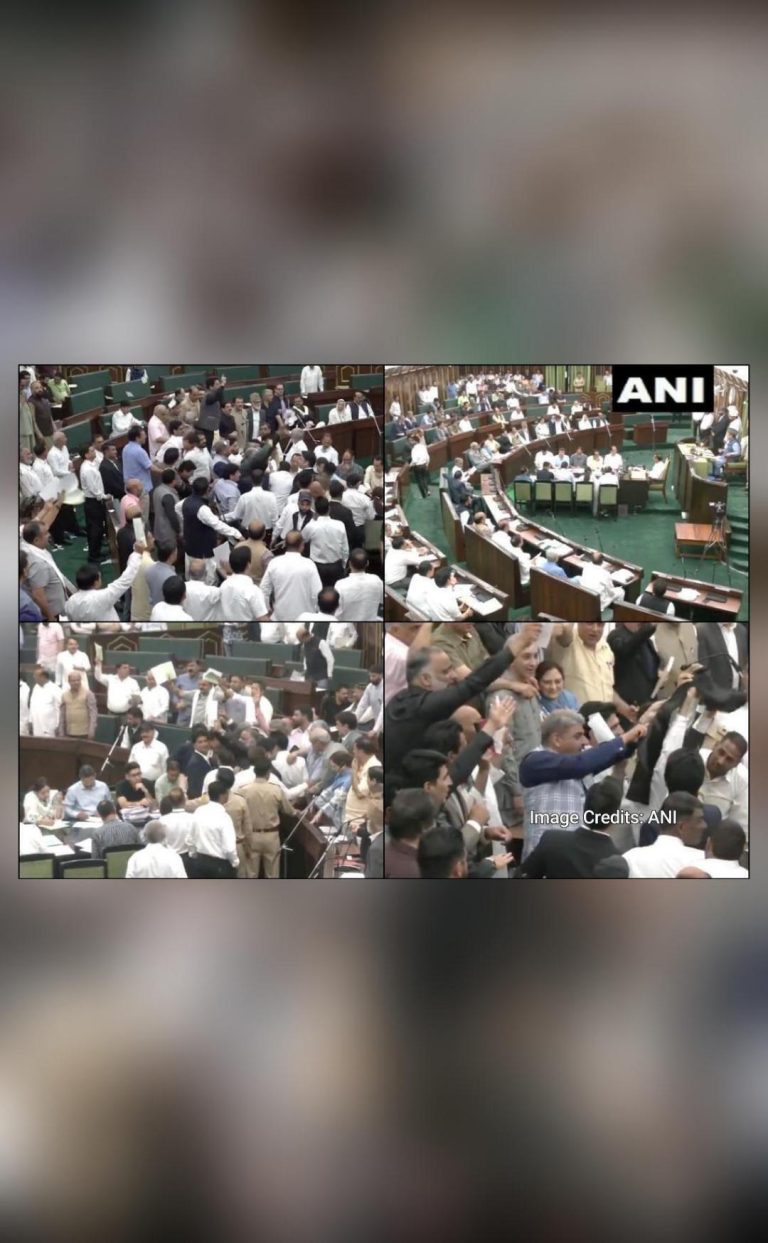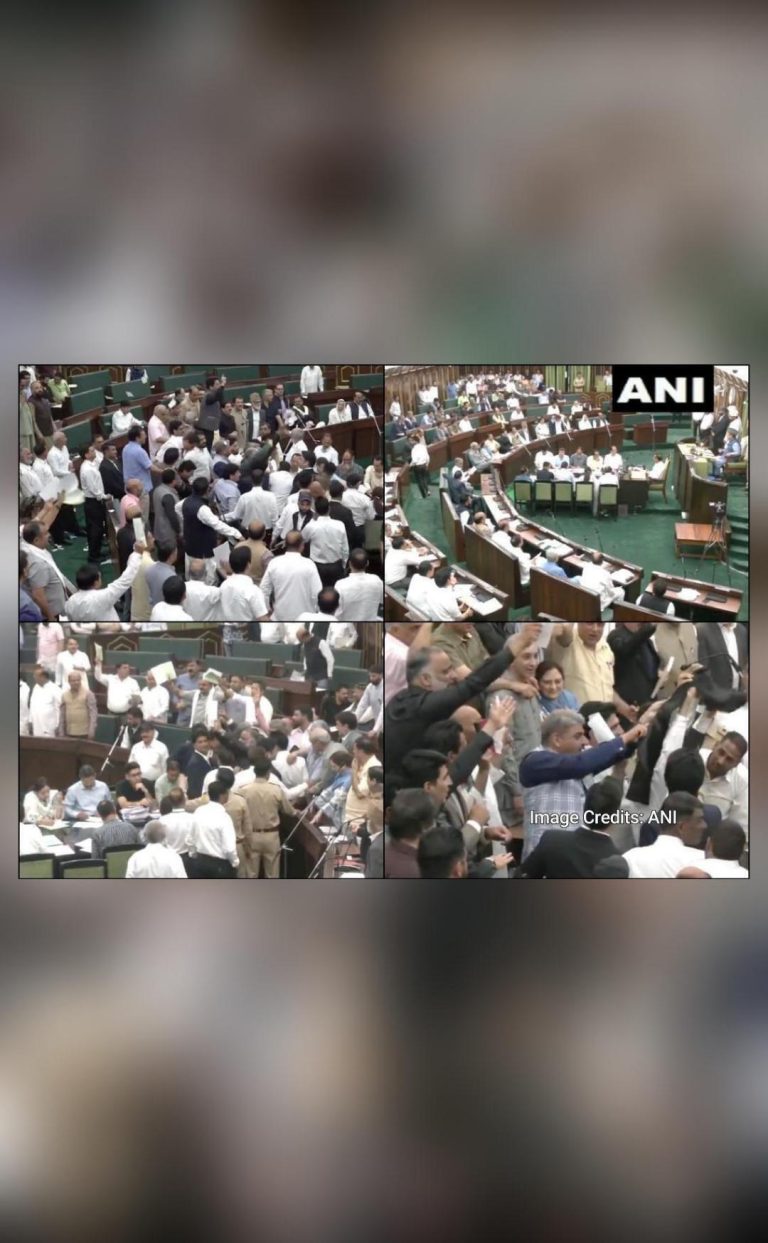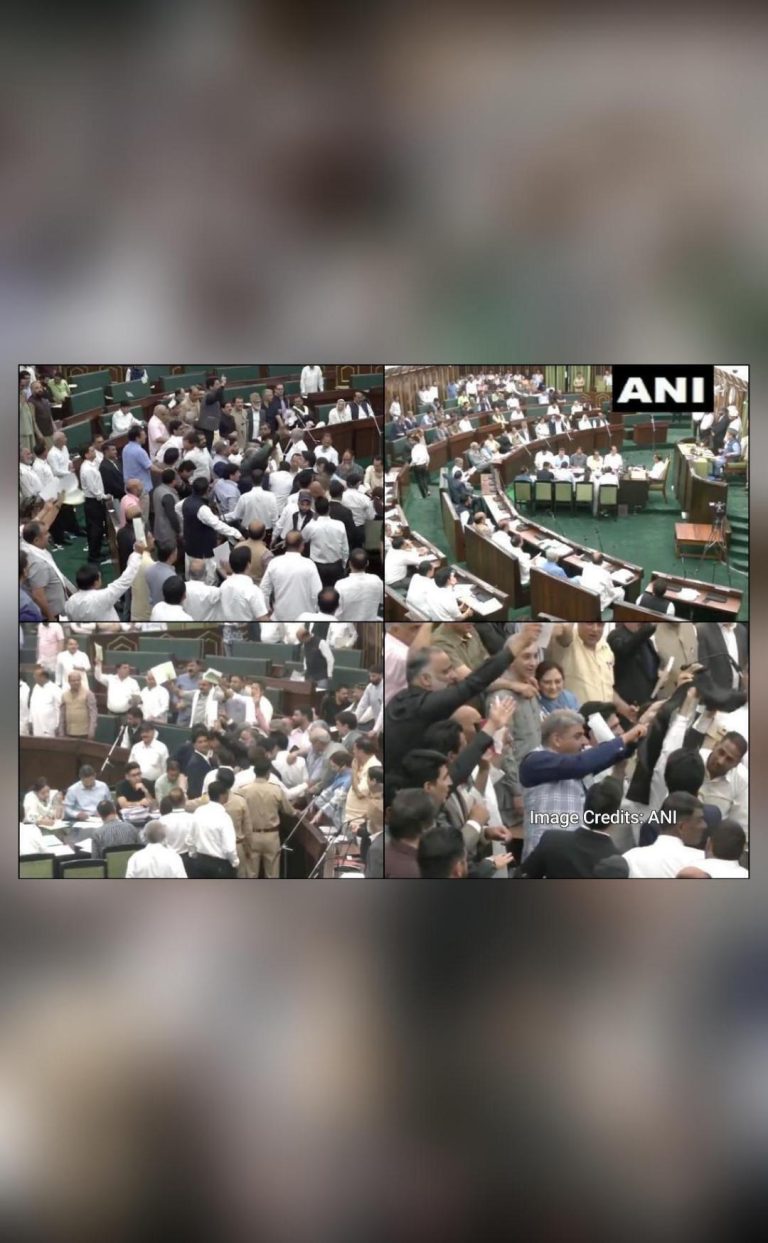
Indian National Jailed for 4 Years in Sri Lanka for Match-Fixing
Cricket, a sport loved by millions around the world, has often been plagued by the scourge of match-fixing. The practice of manipulating the outcome of matches has led to numerous scandals and controversies over the years, causing irreparable damage to the sport. In a recent development, an Indian national has been sentenced to four years in prison for match-fixing in Sri Lanka’s 2024 Legends League T20 tournament.
Yogi Patel, the Indian national, was found guilty of proposing to fix matches in the tournament. According to reports, Patel was fined a hefty sum of SLR 85 million (approximately USD 450,000) for his involvement in the match-fixing scandal.
In addition to the fine, Patel was also ordered to pay SLR 2 million (approximately USD 10,000) to Upul Tharanga, the chairman of Sri Lanka selectors, for defamation. Tharanga had filed a defamation lawsuit against Patel after the latter made false accusations against him.
The court’s verdict comes as a significant blow to Patel, who had been arrested and charged with match-fixing in January 2024. The 2024 Legends League T20 tournament was a high-profile event, featuring some of the biggest names in cricket. The involvement of an Indian national in the match-fixing scandal has raised concerns about the integrity of the sport and the need for stricter measures to prevent such incidents.
The Sri Lankan court’s decision to sentence Patel to four years in prison sends a strong message about the severity of the offense and the need for severe punishment for those found guilty of match-fixing. The fine imposed on Patel is also a significant deterrent, highlighting the financial costs of engaging in such illegal activities.
The match-fixing scandal in Sri Lanka is not the first of its kind, and it is unlikely to be the last. Cricket has long been plagued by corruption, and it is up to the governing bodies and law enforcement agencies to take stern action against those found guilty of match-fixing.
The Indian government has also taken note of the incident and has assured that it will take all necessary steps to prevent such incidents in the future. In a statement, the Indian government said that it was “deeply concerned” about the incident and would work closely with the Sri Lankan authorities to ensure that those responsible for the match-fixing are brought to justice.
The match-fixing scandal in Sri Lanka has also raised questions about the role of bookmakers and other third-party individuals in the sport. Bookmakers often have a significant influence on the outcome of matches, and their involvement in match-fixing is a major concern.
In recent years, there have been several high-profile match-fixing scandals in cricket, including the 2010 IPL spot-fixing scandal and the 2013 Bangladesh Premier League match-fixing scandal. The 2010 IPL spot-fixing scandal involved several high-profile players, including Pakistani cricketers Salman Butt and Muhammad Asif, who were found guilty of spot-fixing and subsequently banned from the sport.
The Bangladesh Premier League match-fixing scandal, which occurred in 2013, involved several players and team officials who were found guilty of match-fixing. The scandal led to the suspension of several players and officials, and it highlighted the need for greater vigilance in the sport.
In conclusion, the sentencing of Yogi Patel to four years in prison for match-fixing in Sri Lanka’s 2024 Legends League T20 tournament is a significant step in the right direction. It sends a strong message about the severity of the offense and the need for severe punishment for those found guilty of match-fixing. The incident also highlights the need for greater vigilance in the sport and the need for stricter measures to prevent such incidents in the future.






